Though clearly resolved to declare victory over Iran’s nuclear program and move on, Donald Trump has been beset this summer by assertions that the Iranian effort has not been “obliterated” after all and that the mullahs will be back at work in no time cranking out the requisite materials for a bomb. Therefore, according to some, Trump should bomb some more – or at least unleash Israel to do so.
Whether or not Trump is pushed into further strikes, the argument over Iranian nuclear weapons capabilities will not go away. The Iranians are understandably reluctant to resume cooperation with international monitors whom they suspect may have assisted US and Israeli targeters, so the true state of Iranian enrichment will be further cloaked in mystery, as will the whereabouts of any near-bomb-grade material squirreled away before the bombers arrived.
Until now, of course, the Iranians have forsworn embarking on an actual bomb program, a point serially reiterated by US intelligence over the years and recently reiterated, albeit vainly, by Director of National Intelligence Tulsi Gabbard. Instead, they built up their uranium enrichment industry as a demonstration that they could build a nuclear bomb if they wanted to, and as a bargaining chip for the relaxation of sanctions. This worked with Obama, but not with Trump, so now that negotiations have yielded only bunker-busters, there is the distinct possibility that the Iranians might actually opt to build a bomb or two. If they do, others in the neighborhood may follow suit.
Prominent in that list would be Saudi Arabia, whose rulers have long expressed an intent to acquire nuclear weapons if and when Iran goes nuclear. (Israel’s extensive cache of nukes doesn’t seem to bother them.) As Crown Prince Mohammed bin Salman told CBS in 2018: “If Iran develops a nuclear bomb, we will follow suit as soon as possible.” True to their habit of getting others to do the work, the Saudis have poured money into other people’s bomb-making programs in exchange for commitments to make some of the resultant products available when asked. Such was the arrangement with Saddam Hussein back in the 1980s. According to Mohammed al Khilewi, a Saudi deputy ambassador to the UN who sought asylum in the US in 1994, the Saudi contribution to the program amounted to $5 billion. Although US officials downplayed Khilewi’s well-documented assertions, the late James E. Akins, a former US ambassador to Saudi Arabia, who remained close to the country’s rulers, previously confirmed to me that there had indeed been such an agreement and that the CIA had known all about it. Although Saddam’s bomb never appeared, the Saudis, according to multiple sources, footed much of the bill for the more successful Pakistani bomb program – up to 60 percent of the cost by one estimate. “Saudi Arabia provided generous financial support to Pakistan that enabled the nuclear program to continue,” Feroz Hassan Khan, a veteran of the program, recounted in his book Eating Grass: The Making of the Pakistani Bomb.
As with the Iraqi deal, the arrangement reportedly involved a quid pro quo of Pakistani nukes being placed at the Saudis’ disposal if requested. According to a 2013 BBC Newsnight report by Mark Urban, Amos Yadlin, a former head of Israeli military intelligence, told a conference in Sweden in September that year that if Iran got the bomb, “the Saudis will not wait one month. They already paid for the bomb, they will go to Pakistan and bring what they need to bring.” Urban also quoted an anonymous senior Pakistani official as saying, “What did we think the Saudis were giving us all that money for? It wasn’t charity.”
Even if Pakistan-made bombs never come to Saudi Arabia, the Saudis have already done their bit to spread such weapons further afield. A.Q. Khan, the scientist who headed the Pakistani program, went on to export the Saudi-funded technology to the North Koreans, who put it to good use in their own weapons program. In turn, the Koreans have given lessons to others who feel in need of a bomb. While the Iranians paid some attention to the non-proliferation treaty, Pyongyang determinedly avoided any such cooperation, kicking out monitors in 2002 and avoiding diplomatic engagement on nuclear issues until they had their deterrent up and running by 2018, at which point they became essentially invulnerable. It is an instructive example that others will find increasingly attractive.
This article was originally published in The Spectator’s August 2025 World edition.












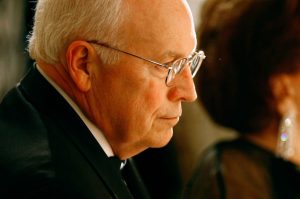
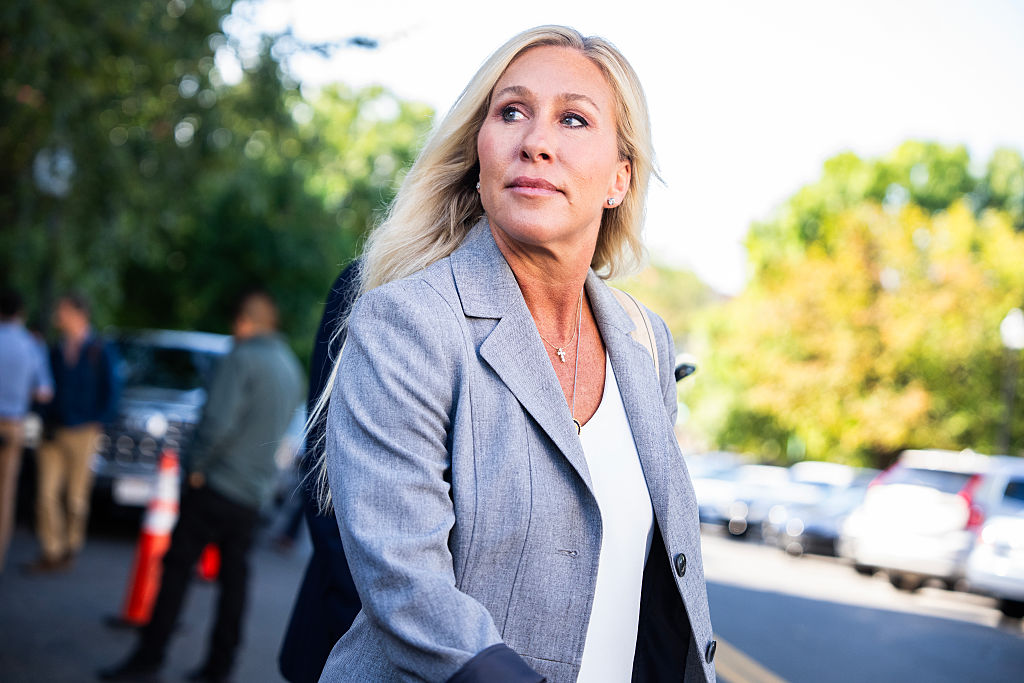
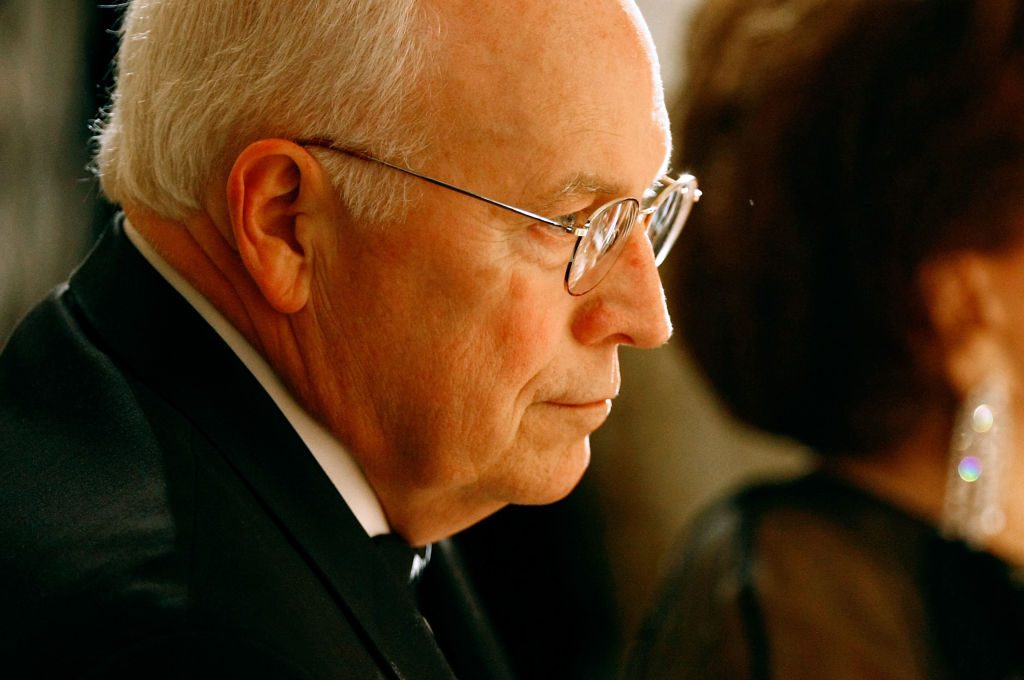
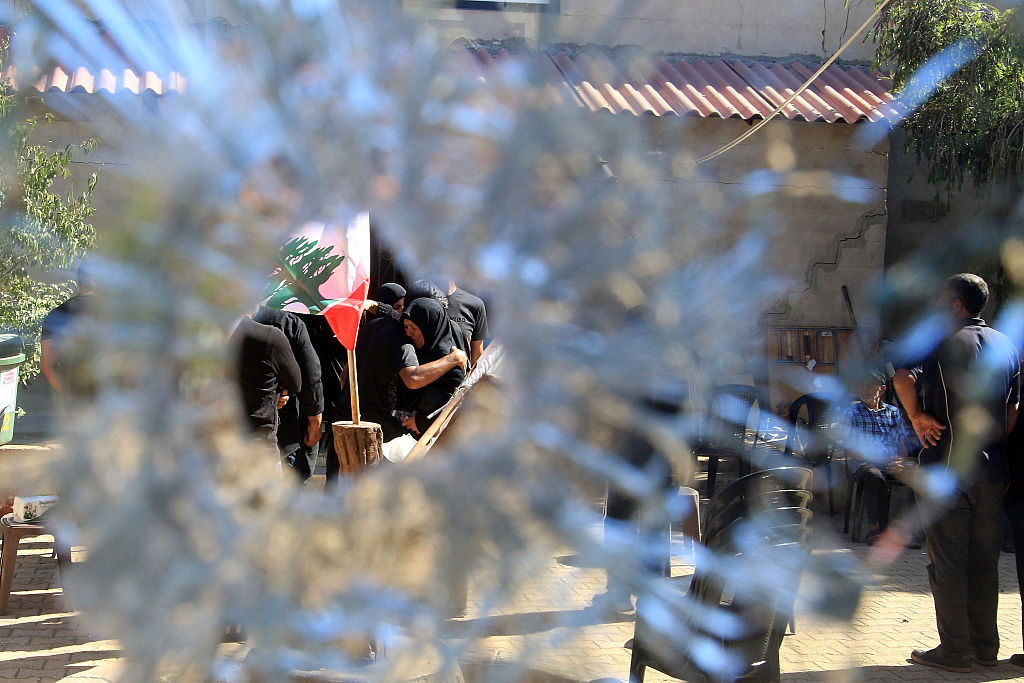
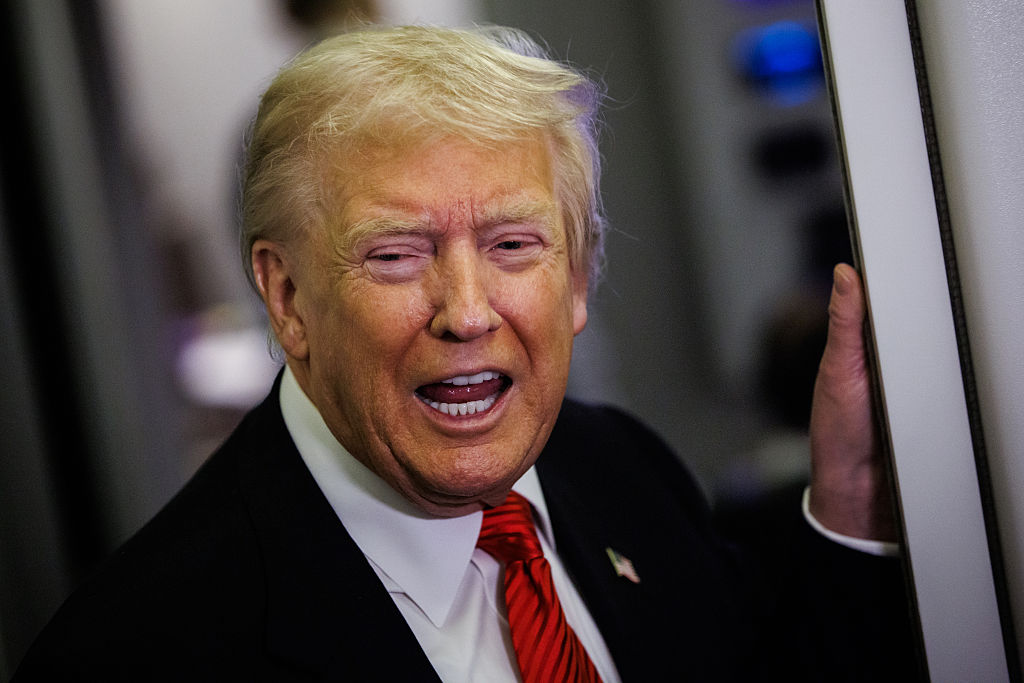
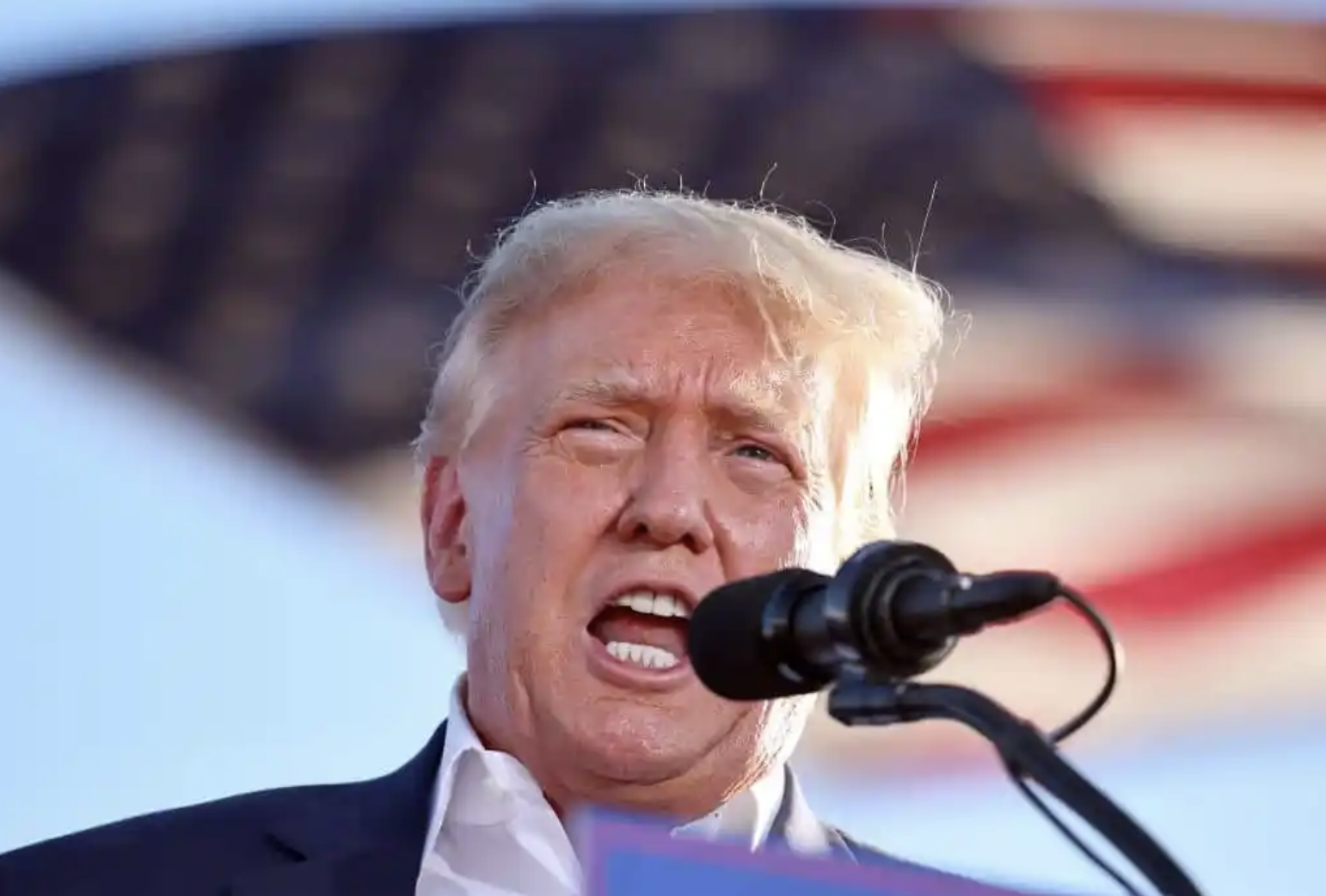








Leave a Reply